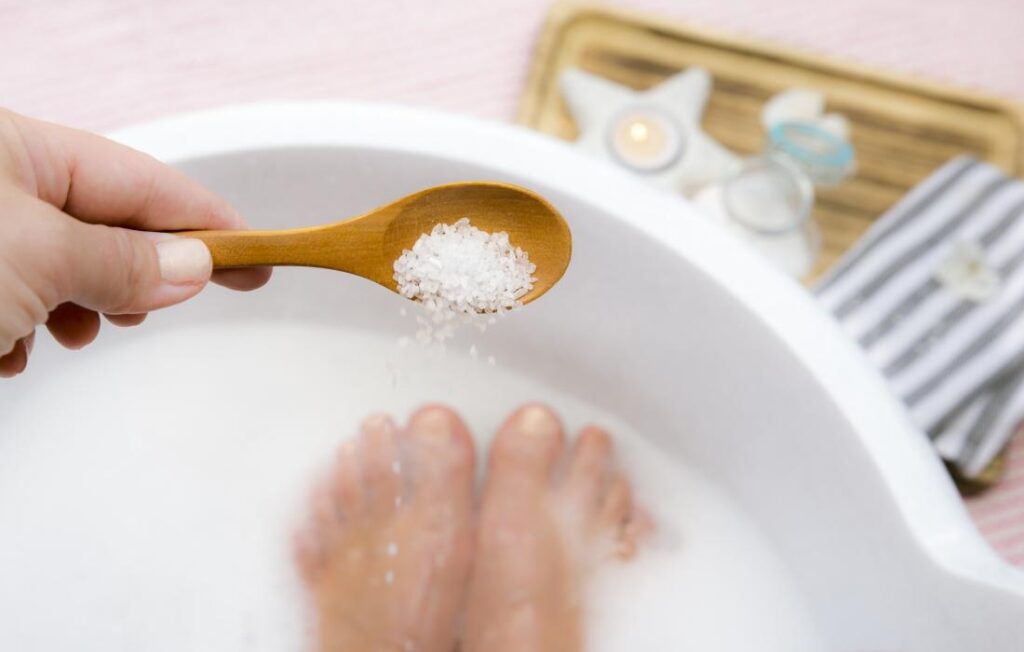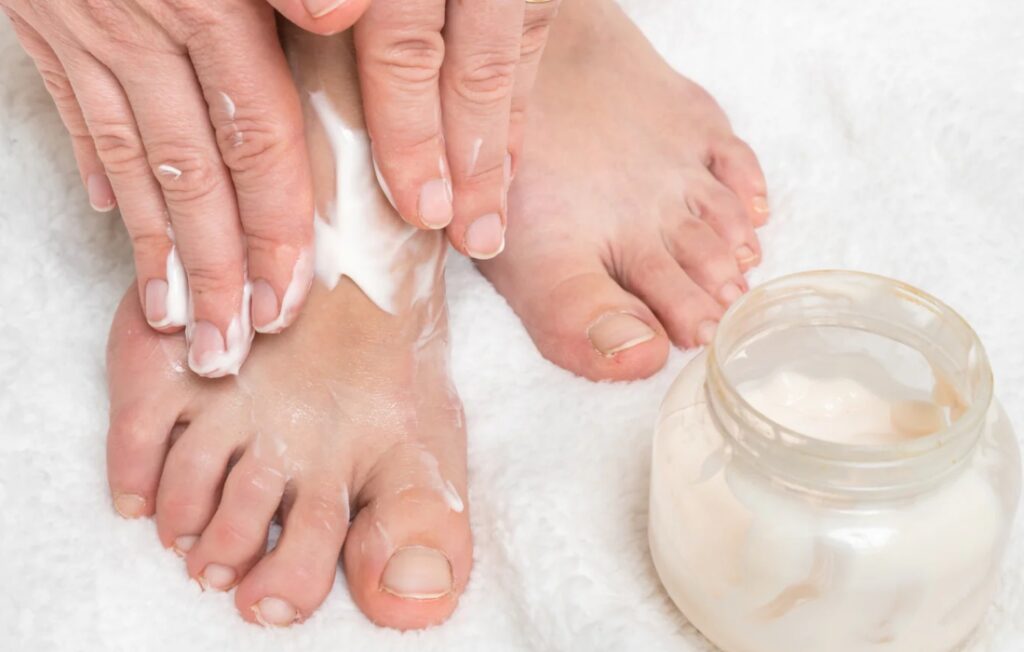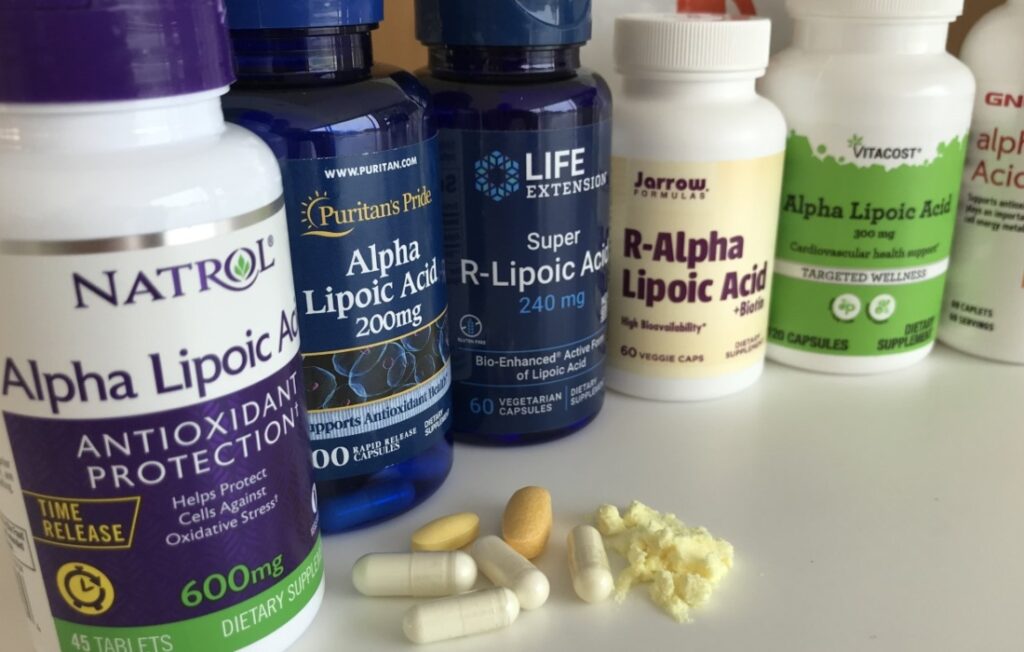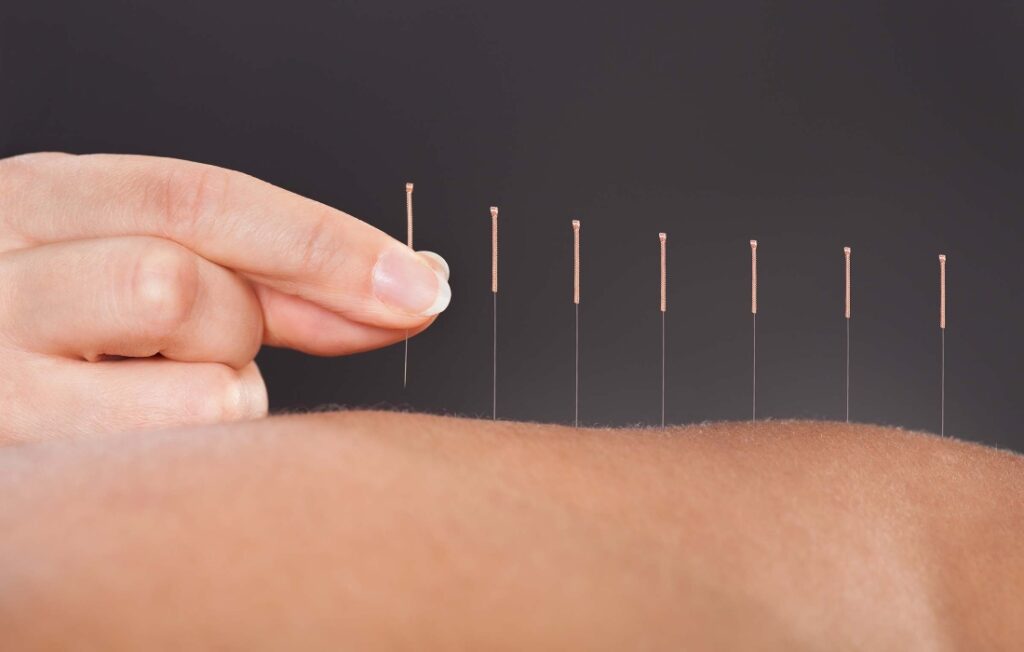Neuropathy, often manifesting as pain, tingling, or numbness in the hands and feet, can significantly impact your quality of life. While medical treatments are essential, various home remedies can provide substantial relief.
Here are the top eleven home remedies for managing neuropathy effectively:
1. Warm Baths

A warm bath can be a soothing remedy for neuropathy. The warmth increases blood circulation, reducing pain and discomfort. For an enhanced effect, add Epsom salts to your bath. Epsom salts contain magnesium, which can further help in relaxing muscles and alleviating nerve pain.
2. Essential Oils

Essential oils like lavender, peppermint, and chamomile have been found to help with neuropathic pain. Lavender oil, known for its calming properties, can reduce pain and inflammation. Peppermint oil has a cooling effect and can alleviate burning sensations. Chamomile oil, with its anti-inflammatory properties, can help reduce pain and discomfort. Dilute these oils with a carrier oil before applying them to the affected areas.
3. Capsaicin Cream

Capsaicin, found in chili peppers, is effective in reducing neuropathic pain by depleting a neurotransmitter called substance P, which sends pain signals to the brain. Capsaicin creams are available over the counter and can be applied to the affected areas several times a day. Start with a small amount to assess your skin’s sensitivity.
4. Alpha-Lipoic Acid

Alpha-lipoic acid is an antioxidant that can help improve nerve function and reduce pain. It’s found in foods like spinach, broccoli, and potatoes but is also available as a supplement. Studies suggest that it can be particularly beneficial for people with diabetic neuropathy. The recommended dosage ranges from 600 to 1,200 mg per day, but consult your healthcare provider for personalized advice.
5. Acetyl-L-Carnitine

Acetyl-L-carnitine is an amino acid that helps with nerve regeneration and reduces pain. It can be found in supplements and is known to improve energy levels and cognitive function as well. Typical doses range from 500 to 1,000 mg twice daily. Always discuss with a healthcare professional before starting any new supplement.
6. Magnesium

Magnesium plays a vital role in nerve health and can help alleviate neuropathic pain. Foods rich in magnesium include leafy greens, nuts, seeds, and whole grains. Magnesium supplements are also available and can be particularly beneficial for those who do not get enough from their diet. Aim for a daily intake of 300-400 mg.
7. Turmeric

Turmeric contains curcumin, which has powerful anti-inflammatory and antioxidant properties. It can help reduce nerve pain and improve function. You can incorporate turmeric into your diet by adding it to meals or taking curcumin supplements. For better absorption, combine turmeric with black pepper or a source of fat.
8. St. John’s Wort

St. John’s Wort is a herb known for its antidepressant and pain-relieving properties. It can be particularly effective for neuropathic pain. Available as a supplement, tea, or tincture, it should be used under the guidance of a healthcare provider due to potential interactions with medications.
9. Acupuncture

Acupuncture, a traditional Chinese medicine practice, can help alleviate neuropathy symptoms. By stimulating specific points in the body, acupuncture promotes blood flow and reduces pain. Regular sessions with a certified acupuncturist can lead to significant improvements in pain and function.
10. Massage Therapy

Massage therapy can improve circulation, reduce stress, and alleviate pain associated with neuropathy. Different types of massages, such as Swedish, deep tissue, or reflexology, can be beneficial. Self-massage techniques, like gently rubbing or kneading the affected areas, can also provide relief.
11. Vitamin B12 Supplementation

Vitamin B12 is essential for nerve health, and a deficiency in this vitamin can lead to neuropathy. Ensuring adequate B12 intake can help repair damaged nerves and reduce neuropathic pain. Foods rich in B12 include meat, fish, dairy products, and fortified cereals.
For those who are deficient or at risk (such as vegetarians, vegans, or older adults), B12 supplements can be beneficial. The recommended daily allowance for adults is 2.4 micrograms, but higher doses may be necessary for those with a deficiency. Consult with a healthcare provider to determine the appropriate dosage for your needs.
Practical Tips for Daily Management
In addition to these remedies, making certain lifestyle adjustments can further help manage neuropathy:
- Proper Foot Care: Maintain good foot hygiene and wear comfortable, supportive shoes to prevent injuries and infections.
- Safe Home Environment: Reduce fall risks by keeping your living space clutter-free and ensuring adequate lighting.
- Regular Exercise: Engage in gentle exercises like walking, swimming, or yoga to improve circulation and overall nerve health.
Final Thoughts
Managing neuropathy at home is possible with these natural remedies. By incorporating warm baths, essential oils, capsaicin cream, supplements, and other treatments into your routine, you can significantly reduce pain and improve your quality of life.
Always consult with a healthcare provider before starting any new treatment to ensure it’s safe and appropriate for your condition.



